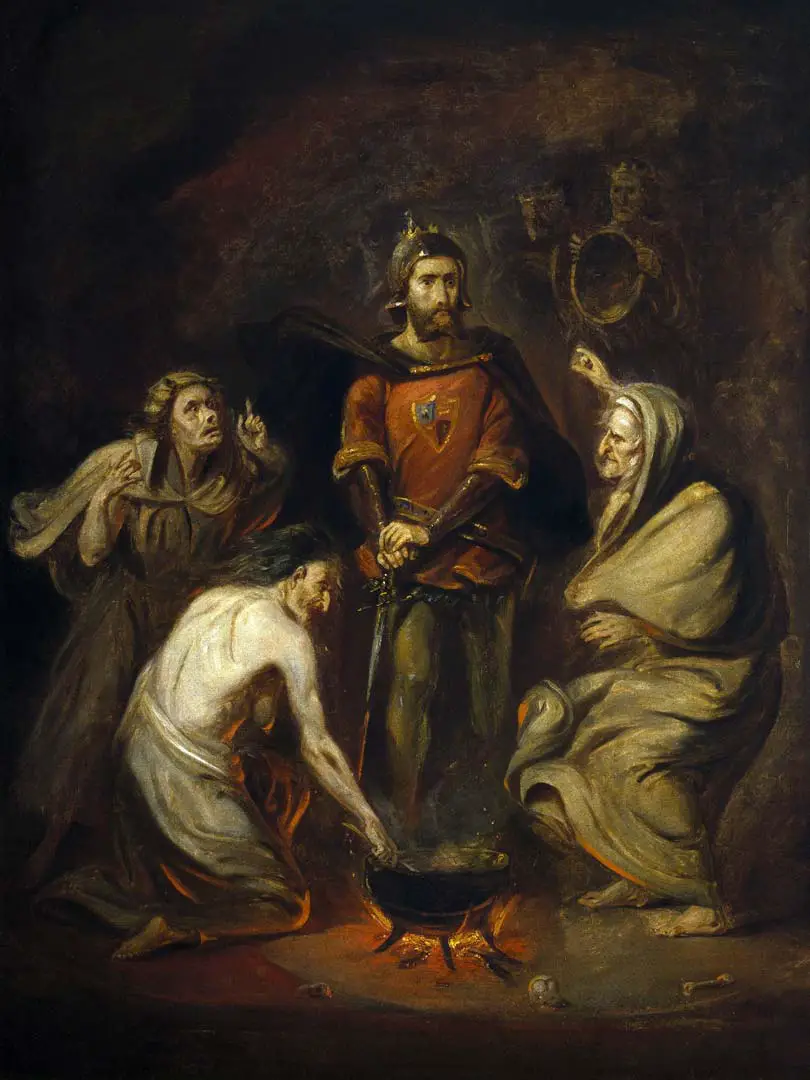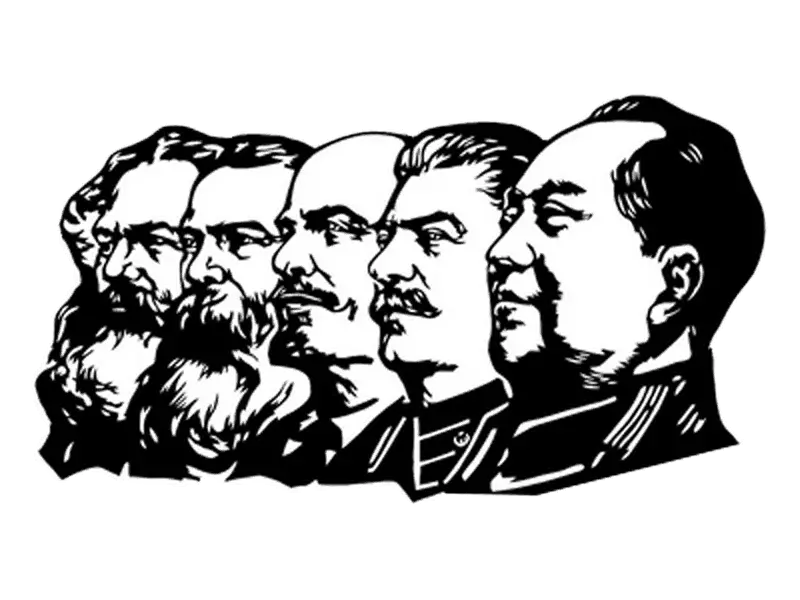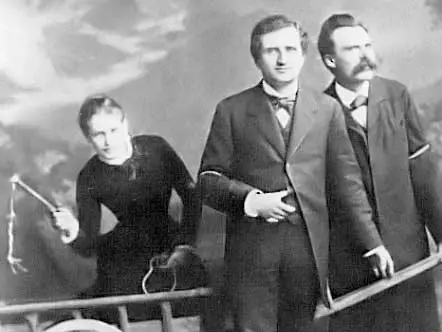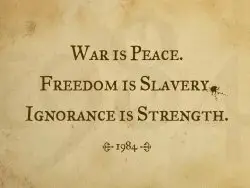What is Renaissance Philosophy?
As in other disciplines, the Renaissance period in philosophy falls between the Medieval and Modern periods and cover the thinkers of the 15th and 16th centuries. It is sometimes argued that the Renaissance period forms the foundation for Modern philosophy,...







